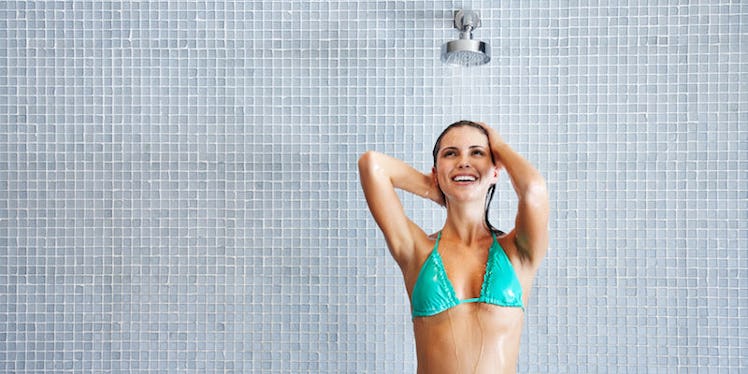
Rest Up: 3 Simple Ways To Improve How Well You're Sleeping
Most people aren’t getting enough sleep, plain and simple. But — this is the important thing to realize — we don’t recognize we are sleep deprived.
In my comprehensive article on the science of sleep, The Beginner’s Guide to Overcoming Sleep Deprivation, I covered this problem, discussed how sleep works and shared a variety of practical ways to improve the quality of your sleep.
However, if you want to improve your sleep, there are some very simple and practical ways to go about it. I call these strategies the Three Levers of Sleep. Here’s how they work:
The Three Levers of Sleep
If you want to improve the quality of your sleep and boost your overall performance, there are three levers you can “pull” to give yourself a boost.
- Intensity
- Timing
- Duration
Intensity refers to how well you sleep. As I described in detail in my previous sleep article, there are different phases of sleep. Two of these phases are particularly important: slow wave sleep (also known as deep sleep) and REM sleep. The percentage of sleeping time you spend in these two phases largely determines the quality of your sleep each night.
Timing refers to when you go to sleep. What time do you go to bed? This factor is important for two reasons. First, if you get in bed around the same time each night, it will be easier for your body to develop good sleeping habits. Second, the time you go to sleep should be in accordance with your circadian rhythm, which I also describe in detail in my previous sleep article.
Duration refers to how long you sleep. This one is simple: How much time do you spend sleeping each night? Six hours? Eight hours? It can be easy to convince yourself that duration isn’t very important, but it is critical to your growth, performance and recovery. Professional athletes often sleep over 10 hours per night. If you’re taxing your body and mind, then duration is crucial for you, as well.
How to Sleep Better
How can you use these three levers to improve your sleep?
When it comes to intensity, the truth is there isn’t much you can do. Your body largely manages the intensity of your sleep cycle — how much time you spend in slow wave sleep and REM sleep — for you. It adjusts automatically based on what you need and how much time you spend asleep.
Exercising consistently and getting proper nutrition will help, but these actions only indirectly improve sleep intensity.
The good news is it simplifies things for you. Because your body manages the quality of your sleep on its own, you only need to focus on two factors: timing (when you go to bed) and duration (how long you’re in bed).
If we assume you wake up at approximately the same time each day, we can simplify the situation even further.
If you wake up at about the same time each day, when you go to sleep determines your sleep duration. Generally speaking, if you get into bed earlier, you’ll end up sleeping more. Improve the timing and you’ll improve the duration, as well.
...Which brings us to this practical punchline:
Master Your Power Down Routine
From a practical application standpoint, timing is perhaps the most important of the three levers of sleep.
Your body automatically manages the intensity of your sleep. The duration of your sleep is largely dependent on when you get into bed (assuming you wake up around the same time each morning).
This means getting to bed at an earlier, more consistent time is critical for improving the quality and duration of your sleep.
For more ideas on how to optimize your pre-bedtime routine, read my Beginner’s Guide to Sleep and my free habits guide, Transform Your Habits.
James Clear writes at JamesClear.com, where he shares science-based ideas for living a better life and building habits that stick. To get strategies for boosting your mental and physical performance by 10x, join his free newsletter.
This article was originally published on JamesClear.com. Special thanks to Dan Pardi for telling me about the three levers of sleep.